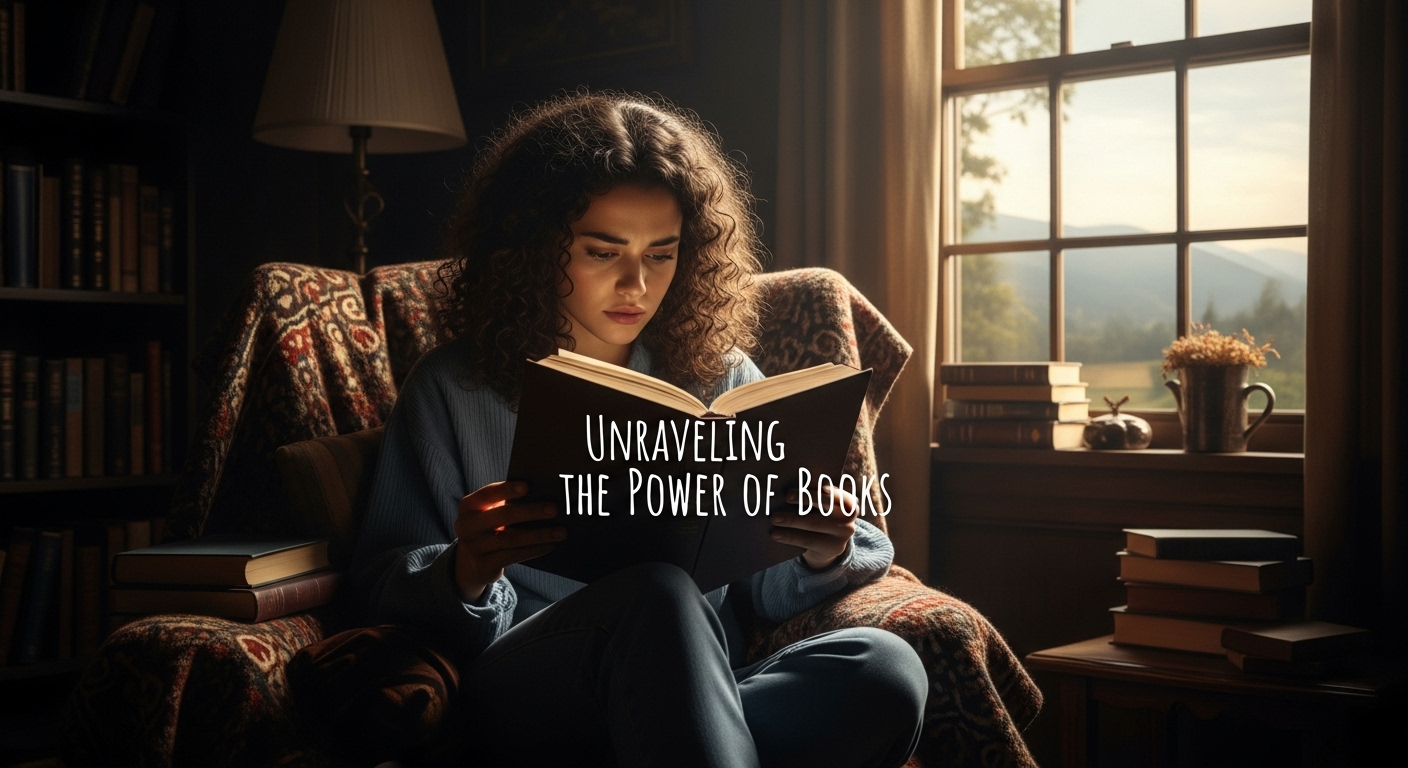Books have been companions in quiet moments, guides when lost, and portals to different worlds. They aren’t just bound pages—each one’s a universe, waiting. From the faded pages of an old paperback to the crisp new scent of a fresh hardback, there’s something about books that feels timeless. Whether it’s a novel, a biography, or a dense academic volume, books have a unique way of capturing our imagination and intellect.
The Evolution of Books
Long before we had e-readers and audiobooks, books started as clay tablets and scrolls. The history of books charts human progress and imagination. From the Gutenberg press to today’s digital formats, every era has reshaped how we consume written words. Yet, the essence remains unchanged—books continue to be our constant companions.
Print vs. Digital
The debate rages on—print versus digital. For some, nothing beats the tactile pleasure of holding a book, turning its pages, and feeling its weight. Others swear by the convenience of e-books, with thousands of titles just a click away. Audiobooks, too, have carved their niche, allowing stories to come alive through narration. Each format has its place. It’s not really about which is superior but rather what suits our lifestyle at any given time.
Genres Galore
Walk into a bookstore, and the choices are dizzying. Mysteries, thrillers, romance, and science fiction. Each genre opens doors to different worlds. Some people crave the adrenaline of a thriller, while others seek the comfort of a love story. There’s also the realm of non-fiction, offering everything from self-help to expansive histories and intricate biographies. The beauty is in the diversity—there’s truly something for everyone.
The Power of Storytelling
Why do books hold such sway over us? It’s their essence—stories. Humans have always been drawn to stories; they’re threads that connect us across time and space, helping us to understand our world and each other. A well-told story can evoke emotions, spark empathy, and even inspire change.
Books as Cultural Reflection
Books reflect their times. They capture the zeitgeist, mirroring societal norms, challenges, and aspirations. Reading a novel from another era can be like peeking into a different world, complete with its own set of rules and expectations. That’s why classics endure. They offer insights into the human condition that remain relevant.
The Role of Books in Education
Books in education are foundational. They’re primary sources of knowledge, shaping curricula and guiding scholars. Academic books, in particular, are crucial for advancing research and disseminating new ideas. In classrooms, they are companions to teachers, providing frameworks for discussion and analysis.
Books and Technology
Technology’s impact on books is undeniable. E-readers revolutionized how we carry and consume literature. Audiobooks gained traction, turning commutes into opportunities for “reading.” Yet, despite these advances, the essence of storytelling remains untouched. Digital innovations haven’t replaced books; they’ve expanded the ways we can experience them.
The Rise of Audiobooks
In a world where time is a commodity, audiobooks have found their place. They’re perfect for multitasking—driving, working out, or just relaxing. The narrator’s voice brings a new dimension, adding layers to the storytelling experience. It’s not just about listening to a story but immersing oneself in it.
Online Communities and Book Lovers
The internet has birthed a new kind of book community. Forums, blogs, and social media platforms are alive with discussions about the latest reads. Recommendations fly, reviews are dissected, and book clubs thrive online. Even platforms like Hustle Haunt touch upon literature’s intersections with other media. This digital camaraderie enhances the reading experience, making it more communal.
Caring for Books
Books demand care. They aren’t just objects; they’re memories, histories, emotions. Preserving them means more than just dusting shelves. It involves protecting them from sunlight, maintaining proper humidity levels, and sometimes, simply treating them with love and respect.
Organizing a Bookshelf
Bookshelves can be a reflection of personal style. Some prefer organizing by color, others by genre or alphabetical order. There’s no right way, just what feels right to the reader. It can be therapeutic to rearrange books, a chance to revisit old favorites.
Secondhand Books
There’s a certain charm in secondhand books. They come with stories beyond the words within—dog-eared pages, notes in the margins, and that particular old-book smell. Buying secondhand is like treasure hunting, each find a small victory, a new adventure waiting to be explored.
Book Recommendations and Reviews
We all love a good recommendation. Whether it’s from a friend, a review online, or a book club, recommendations guide us to our next read. Reviews are a double-edged sword, providing insight but potentially skewing our perceptions. Nonetheless, they remain invaluable in navigating the vast ocean of literature.
Finding Books that Resonate
Not every book will resonate, and that’s okay. Personal taste plays a huge role. Sometimes, it’s the right book at the wrong time—or vice versa. The key is to keep exploring, trying genres or authors previously ignored. Often, the most meaningful books come as a surprise.
Balancing Book Buying and Reading
Book lovers know the struggle—so many books, so little time. Balancing acquiring books with actually reading them is an art. It’s easy to get carried away in a bookstore or online but staying mindful of reading habits helps. Setting small, achievable goals can make a difference.
FAQs
- Why do some people prefer ebooks over physical books?
Convenience and portability often sway people. Ebooks allow for carrying entire libraries on a single device, which is ideal for travelers or minimalists. - Can audiobooks really be considered “reading”?
Absolutely! The format may differ, but the experience of storytelling and comprehension remains the same. - What’s a good way to start a book club?
Gather friends with similar interests, select a book that excites the group, and set a regular meeting schedule. Keep it casual and fun. - How do I decide what book to read next?
Consider mood, current interests, or recommendations from trusted friends. Sometimes, simply browsing a bookstore helps something jump out. - Are there any benefits to re-reading books?
Yes, re-reading can provide new insights, evoke nostalgia, or offer comfort. Familiar stories can feel like revisiting an old friend.
So, books, in whatever form, remain an integral part of life. As society evolves, so do our reading habits, but the soul of a good book never changes. It continues to capture hearts and minds, one page at a time.


